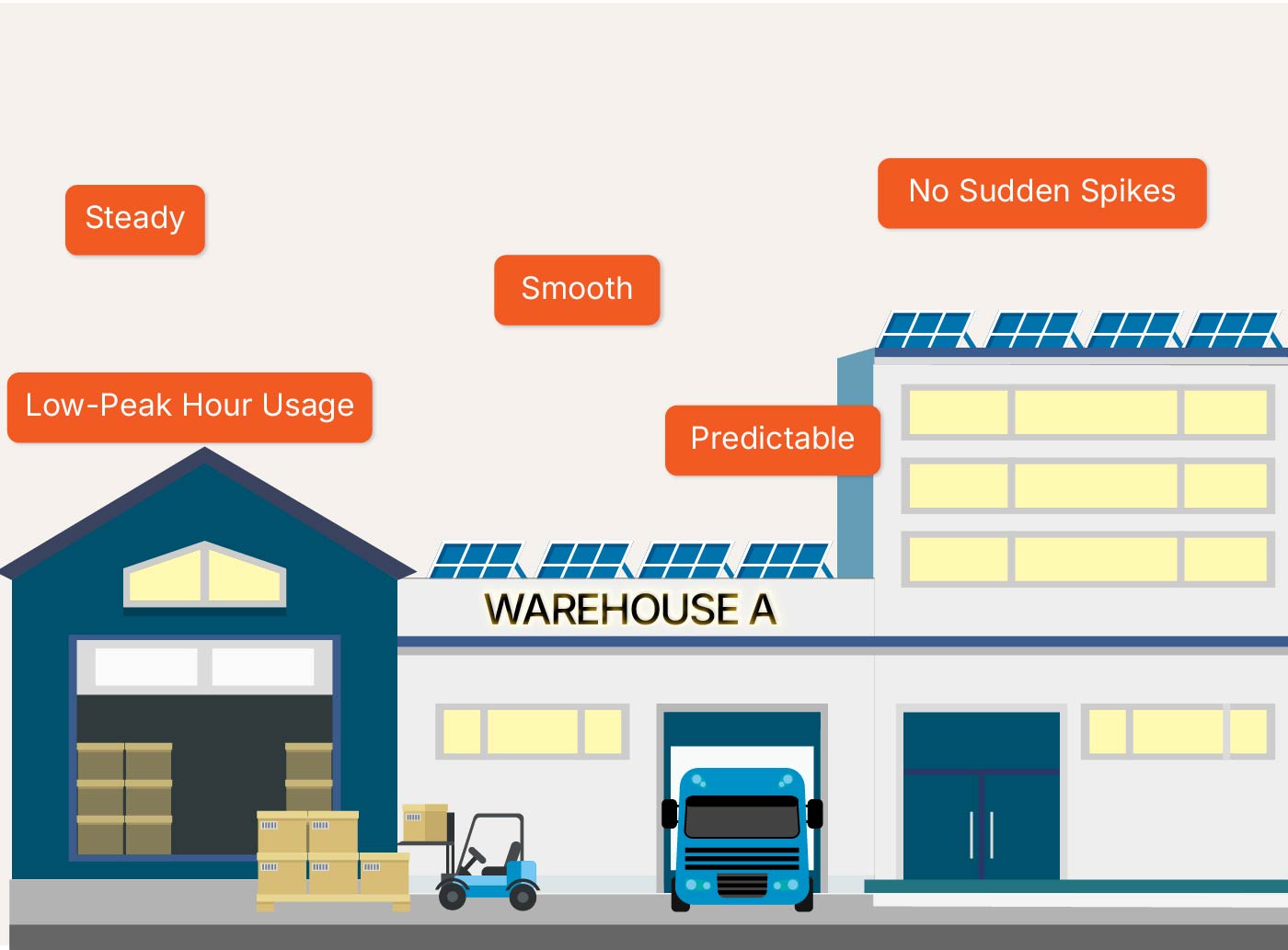.png)
Did what you have for lunch today really matter to the Earth? The truth is that our everyday eating habits have a significant impact on the environment. In fact, over 30% of global emissions are connected to food. By understanding the impact of food choices and choosing to eat sustainably, you can support the long-term health of people and the planet.
Here are five simple ways to begin your sustainable eating journey.
5 Easy Ways to Start Sustainable Eating Habits
Don’t worry, you don’t have to become a vegan overnight!
1. Try Meat Alternatives

Did you know that nearly 80% of all agricultural land on the planet is used to grow crops just to feed livestock?
Our global appetite for red meat and dairy has concerning effects on the Earth. Modern livestock farming practices involve deforestation, water pollution and the release of huge amounts of methane gas into the atmosphere.
For a less damaging alternative, try looking elsewhere for your protein sources. Plant-based proteins can be found in nutritious meat substitutes made from beans, legumes, soy and certain fruits. Supplement these with protein-rich leafy green vegetables like kale or spinach.
2. Use Less Plastic Packaging

Walk through your local grocery store, and you’ll find that most of our food is packaged in plastic, and often in individual portions. This style of packaging is designed for our comfort and convenience. But remember that plastic can take centuries to decompose, so food packaging waste stays in our environment for a lifetime.
Make a difference by:
- Purchasing your food in bulk units.
- Committing to brands that use sustainable or recyclable packaging.
- Bring reusable bags when you go shopping.
- Opting for cardboard, glass or metal containers to store your food whenever possible.
3. Plan Your Meals

One of the biggest contributors to food waste happens right in our kitchens—ingredients that remain uncooked or uneaten long past their expiry date. Planning your meals effectively can help mitigate this issue and make a positive impact on both your budget and the environment. If you’ve never tried meal planning before, start small.
Draft out a menu for one week, incorporating ingredients you already have that are close to expiring. Then, make an organised shopping list based on your meal plan. This way, you’ll be less likely to make impulse purchases that result in uneaten produce slowly going bad in your fridge.
4. Try Growing Your Own Produce

Growing some of your own food can be a rewarding way to practice sustainability and reduce your reliance on store-bought produce.
You don’t need to have a spacious garden or a green thumb—just a small balcony can fit different types of vegetables, herbs and fruits. Some beginner-friendly options include tomatoes, peppers, basil and mint.
What’s more, you can use food scraps from your kitchen as compost for your plants. Your home-grown produce will also be free of harmful pesticides and chemicals.
5. Limit Heavily Processed Foods

Ultra-processed foods like potato chips, energy drinks and candy bars can be a quick and delicious solution for busy lifestyles, but they can also have negative impacts on both health and the environment.
Many of these items are high in added sugar, salt, additives and preservatives. Additionally, ultra-processed food production also uses up a great deal of energy resources and contributes to plastic pollution.
It’s hard to give up your favourite snacks, but try replacing one or two of your ultra-processed treats with more sustainable alternatives. For example, swap sugary breakfast cereals for steel-cut oats and fresh fruit. Starting your sustainable eating journey doesn’t have to be complicated or intimidating.
Looking to consider adopting more sustainable practices for your home? You can also consider adopting clean energy for your home to save up to 90% off on your energy bills. Find out more about our solar solutions for residences here.






